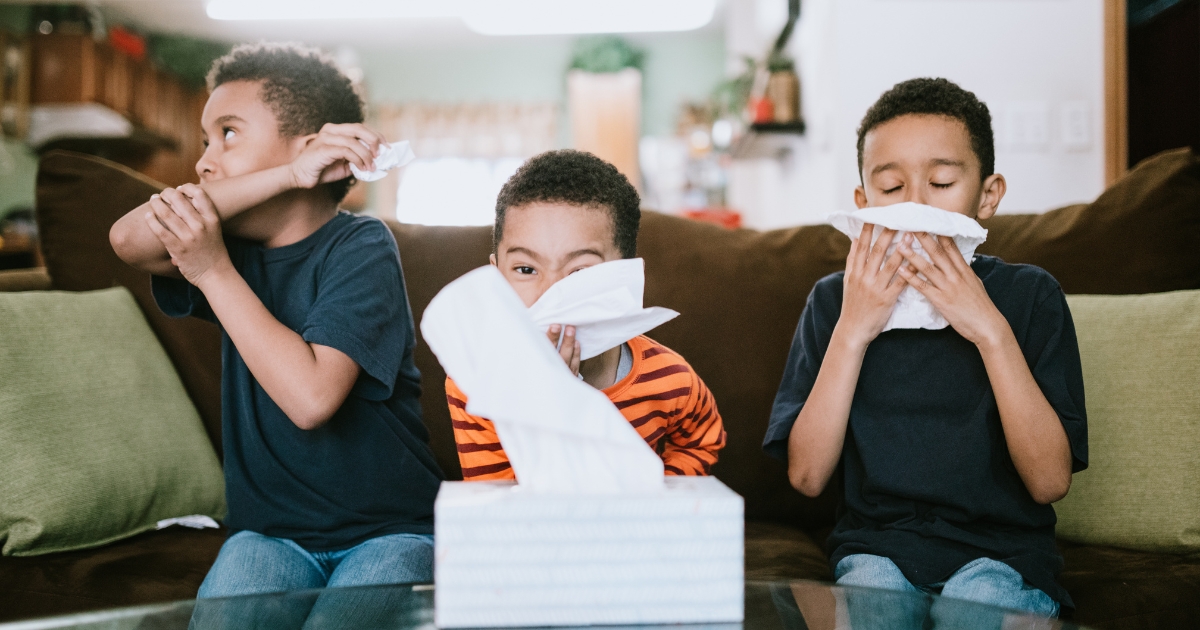Monsoon Diseases in Children
Protect your Children from Monsoon Diseases
Being a pediatrician in India has given me insight into how the monsoon season although a relief from the heat brings about illnesses that can particularly impact children. Their developing immune systems are more prone to infections during this time of humidity and waterlogging. However, by having the knowledge and taking precautions we can greatly reduce the chances of our young ones getting sick.
Why Are Children Susceptible to Monsoon related Illnesses?
Children under five are more likely to get sick during the monsoon for a few reasons:
- Immature Immune Systems: Since their immune systems are still developing, they have not yet developed much resistance to common viruses and bacteria as adults.
- Hygiene Practices: Young children may not have fully adopted hygiene practices such as handwashing and covering their mouths when coughing or sneezing making them more susceptible, to picking up and spreading germs.
- Increased Exposure: The monsoon season creates conditions that favor the breeding of disease carrying mosquitoes and the spread of waterborne illnesses heightening children’s risk of exposure.
Common Health Issues, in Children During the Monsoon Season
Let’s delve into the illnesses that can impact children in India during the monsoon period:
- Water Related Illnesses: These encompass diseases such as typhoid, cholera, gastroenteritis and hepatitis A. They are usually transmitted through contaminated food and water particularly when hygiene standards are not maintained.
- Insect Borne Diseases: Diseases like dengue, malaria and chikungunya spread by mosquitoes are widespread during the monsoon season. Symptoms often include fever, body pains and skin rashes.
- Airborne Illnesses: Infections like flu, colds and respiratory issues easily spread through the air in crowded settings such, as schools and childcare facilities.
Ensuring Your Childs Well-being: Practical Suggestions
- Purified Water and Clean Hands: Make sure your child consumes boiled or purified water. Encourage handwashing with soap before meals. After using the toilet.
- Healthy Food Practices: Cook food thoroughly to avoid contamination: steer clear of street food or unwashed fruits and vegetables. Properly store food items to prevent them from spoiling.
- Mosquito Protection: Utilize mosquito nets and repellents: dress your child in sleeved clothing and pants during evenings.
- Ensure your child receives all their vaccinations, on time including those for influenza and other preventable illnesses.
- Boost your child’s system by providing a diet rich in fruits, vegetables and whole grains. Make sure they get sleep and exercise regularly.
- Encourage your child to stay hydrated especially if they have a fever. Ample rest is crucial for their recovery from any sickness.
- Seek advice if your child experiences a persistent fever, severe diarrhea, vomiting, breathing difficulties or any concerning symptoms.
FAQs: Your Monsoon Health Questions Answered:
Q1: How can I differentiate between a cold and something serious, in my child?
A: If your child’s symptoms are mild and improve within a day’s it’s likely a common cold. However, if they have a fever or severe breathing issues consult a doctor promptly.
Q2: What steps should I take if my child has a fever during the monsoon season?
A: Ensure they stay hydrated give them the recommended fever reducing medication prescribed by their doctor and monitor their condition closely. If the fever persists or worsens seek help.
Q3: How can I protect my child from bites?
A: To shield your child from bites, make use of nets, repellents and dress them in protective clothing. Also ensure to remove any standing water around your home as it serves as a breeding ground, for mosquitoes.
Q4: Are there any foods that can boost my child’s immunity?
A: Absolutely! Incorporate foods that’re high in Vitamin C (such as fruits and berries) Vitamin A (like carrots and sweet potatoes) zinc (found in nuts and seeds) and probiotics (such as yogurt) into their diet.
Q5: When should I think about getting my child vaccinated against influenza?
A: It is generally advised to consider vaccination for children aged six months and above before the arrival of the monsoon season. For guidance consult your pediatrician.
In Conclusion
While the monsoon season brings relief from the summer heat and joy it also brings health risks, for children. By adhering to measures and staying attentive, to your child’s well-being you can ensure they have a healthy experience during this season. Remember, detection and timely medical care play a role in effectively managing any illness.
Ready to shield your child?
Book an appointment:
Mobile: 8095 37 0000
Telephone: 080 2503 4444, 080 2503 4455
Email: info@svasthahospital.com
Remember, you’re not alone on this journey. At Svastha, we’re all about helping you. Let’s walk this path together, one step at a time.

